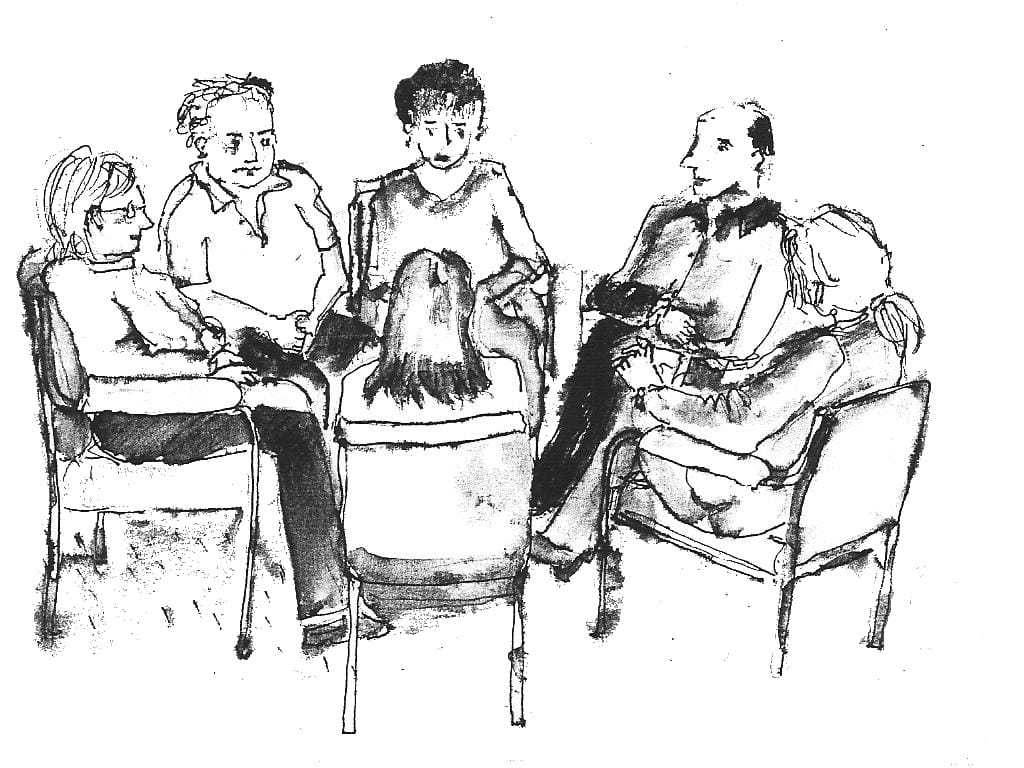
By Jorge D. Reyes, LPC
When working with individuals who struggle with substance abuse or dependence there are many strategies that can be beneficial. Both individual and group therapy can be utilized to help the patient have a greater chance in their recovery and overcoming addictions.
Individual therapy allows the patient to build a trusting relationship with a counselor that will not judge them and allow the individual a place to discuss their feelings and problems thus freeing themselves from their burdens. In many cases this allows the individual to feel better about themselves and the recovery process. However, individual counseling is not just about allowing the patient to talk, it allows the counselor to teach a variety of important life skills and coping skills that will help the individual manage the stress in their lives.
Some benefits to individual therapy include:
- Discovering the motivation to use drugs and alcohol
- Addressing various stages of recovery
- Discussing sensitive topics such as relationships, sex, and self-esteem concerns
- Developing new life skills and perspectives working through anxiety, depression, and much more.
- Reclaiming a sense of power to move forward.
- Building and strengthening relationships.
Group therapy allows individuals to be in a setting in which they can resolve problems in relating to other people in the group, problems from which they have attempted to "escape" by means of addictive substances. As social beings, individuals are, whether they like it or not, part of groups; they are born into a group (family) and throughout life join groups that shape their behavior , self-esteem, and affect their physical and mental health.
Some benefits to group therapy include:
- Positive peer support and pressure to abstain from substance use.
- Limiting isolation which many substance users experience.
- Enabling members to witness the recovery of others.
- Helping members learn coping skills from other members when dealing with substance use and other problems.
- Providing information to new members new to recovery.
- Providing and receiving feedback from other members in the group.
- Encouraging, supporting, and reinforcing members in their recovery.
- Groups teach members social skills.
- Allows members to effectively confront other members about their substance use and other harmful behavior.
- Allows members to gain some sense of structure and discipline in their lives.
- Instill hope
There are advantages to utilizing individual and group therapy, but by incorporating both individual and group therapy in the recovery process the individual is likely to become successful. Each form can build on the other as one can work with internal struggles and the other helps relate to others and feel less isolated from the individual's problems. Recovery is not about abstinence, although it helps, it is about changed behavior and a changed lifestyle in which making decisions are no longer harmful to oneself and to others, that is the ultimate goal in recovery.
References
Benefits of Individual Therapy in Recovery (2015) - The River Source. https://www.theriversource.org/blog/benefits-of-individual-therapy-in-recovery/
Substance Abuse Treatment: Group Therapy (2005) - Treatment Improvement Protocol Series, No. 41. Center for Substance Abuse Treatment. Substance Abuse and Mental Health Services Administration. https://www.ncbi.nlm.nih.gov/books/NBK64223
